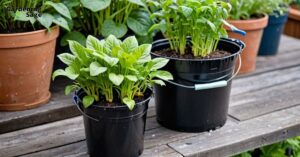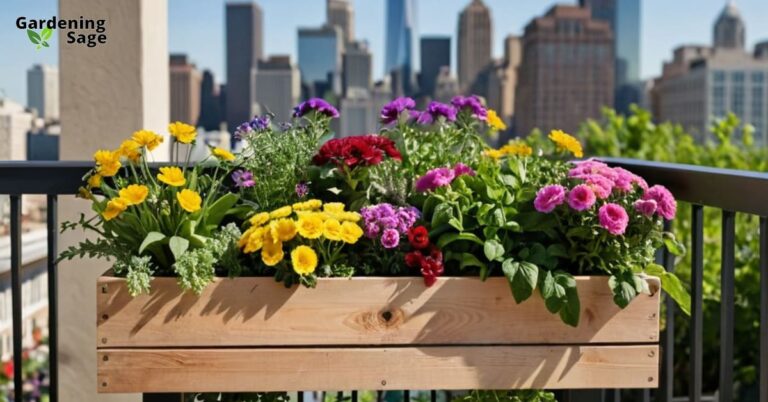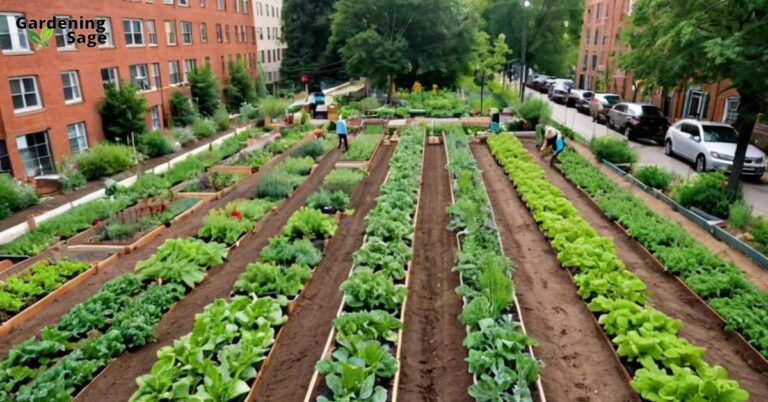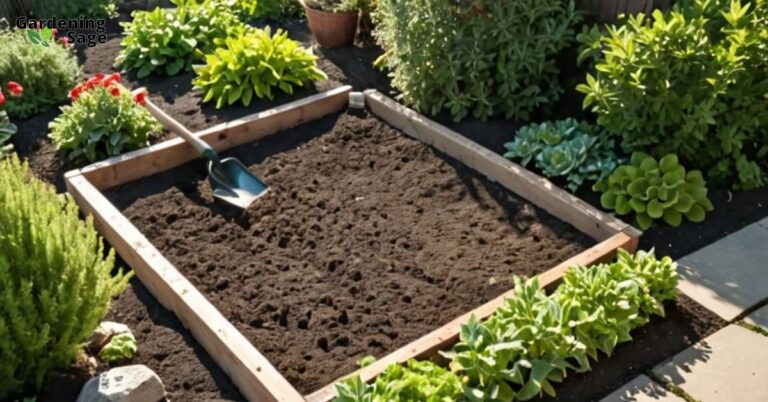Gardening is a labor of love, but when unwanted pests invade, protecting your precious plants becomes a top priority.
For those seeking a harmonious relationship with nature, organic pest control offers a path to manage garden invaders effectively without resorting to harsh chemicals.
This comprehensive guide explores a range of organic strategies to safeguard your garden, ensuring it remains a thriving, healthy oasis.
Understanding Organic Pest Control
Organic pest control is about using natural methods and substances to combat garden pests. This approach aligns with ecological principles, aiming to minimize harm to the environment, beneficial insects, and human health.
It involves a combination of tactics, from biological control to homemade remedies, to maintain a balanced, pest-resistant garden.

The Pillars of Organic Pest Management
Organic pest control is founded on understanding and working with nature’s systems. Key aspects include encouraging beneficial insects, using natural predators, practicing crop rotation, and fostering plant diversity.
These strategies create a robust garden ecosystem less susceptible to severe pest infestations.
Identifying Common Garden Pests
Knowing your enemy is half the battle. Common garden pests include aphids, caterpillars, slugs, snails, and beetles.
Proper identification is crucial for choosing the most effective organic control methods.
Cultivating Beneficial Insects
Beneficial insects are nature’s pest control agents. Ladybugs, lacewings, and predatory beetles are invaluable allies in managing pests like aphids and mites.
Attract these helpers by planting a diverse range of flowering plants and providing habitats like insect hotels.
Natural and Homemade Pest Repellents
Numerous natural remedies can deter pests. Homemade sprays made from ingredients like garlic, neem oil, or chili peppers can be effective against a range of insects.
These solutions are environmentally friendly and can be tailored to target specific pests.
Physical and Mechanical Controls
Physical barriers such as row covers, nets, or collars around plant stems can prevent pests from reaching your plants. Handpicking larger pests like caterpillars or slugs is also a straightforward if somewhat labor-intensive, method.
Encouraging Healthy Soil
Healthy soil leads to stronger plants more capable of resisting pests. Organic matter like compost enhances soil health, providing plants with the nutrients they need to thrive.
Healthy plants are inherently more pest-resistant.
The Power of Companion Planting
Companion planting involves placing certain plants together to naturally deter pests or attract beneficial insects.
For example, planting marigolds among vegetables can help repel nematodes and other pests.
Maintaining Garden Hygiene
Keeping your garden clean can significantly reduce pest problems. Remove debris, fallen leaves, and spent plants that can harbor pests and diseases.
Regular weeding also helps minimize hiding places for pests.
Diatomaceous Earth: A Natural Insecticide
Diatomaceous earth is a powdery substance made from fossilized algae. When sprinkled around plants, it acts as a natural insecticide, deterring and damaging soft-bodied pests like slugs and aphids.
Utilizing Biological Controls
Biological control involves introducing natural predators or parasites to control pest populations. This can include releasing ladybugs to combat aphids or using Bacillus thuringiensis (Bt) to control caterpillar infestations.
Understanding Pest Life Cycles
Knowledge of pest life cycles can enhance your pest control efforts. Timing interventions to target specific stages of a pest’s life cycle can be more effective and less labor-intensive.
Integrating Pest Control Strategies
Effective organic pest control often involves a combination of methods.
Integrating different strategies provides a comprehensive approach, addressing various aspects of pest management and reducing reliance on any single method.
Monitoring and Adapting
Regularly monitoring your garden for signs of pests allows for early intervention.
Keeping a garden journal can help track patterns and effectiveness of different control methods, enabling you to adapt and refine your approach over time.
Educating Yourself and Sharing Knowledge
Stay informed about organic gardening and pest control techniques. Attend workshops, read gardening books and articles, and engage with local gardening communities.
Sharing experiences and learning from others can enhance your pest control strategies.
Embracing a Balanced Approach to Pest Control
Organic pest control is about finding a balance between accepting some level of pest activity and maintaining the health and productivity of your garden.
By employing a range of organic strategies, you can manage pests effectively, ensuring your garden remains a vibrant, healthy ecosystem.
Embrace the principles of organic pest control and enjoy the rewards of a flourishing, environmentally-conscious garden.














